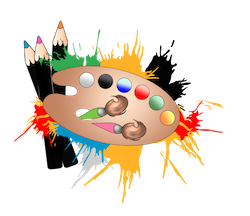Tea as Popular Beverage
Tea is a very important part of Chinese culture, and has a long and complex history. According to legend, tea was first discovered by the Chinese emperor Shennong in 2737 BCE, when a camellia leaf fell into his boiled water1 However, the earliest written record of tea drinking dates back to the 3rd century BCE, in a Chinese dictionary called Erh Ya12
Tea was initially used as a medicine, but later became a popular beverage and a subject of art and literature. The Tang dynasty (618–907 CE) is considered the golden age of tea, when the famous writer Lu Yu wrote the Classic of Tea, a comprehensive guide on tea cultivation, processing, brewing, and appreciation13
Tea production and consumption diversified over time, resulting in different types of tea, such as white, green, black, and oolong. Tea also became a commodity and a symbol of status, and was traded along the Silk Road and the Maritime Silk Road. Tea culture and art flourished in China, and influenced other countries, such as Japan and Korea13
Today, tea is still a very popular drink in China, and is enjoyed in various ways, such as in teahouses, ceremonies, or everyday life. Tea is also a source of pride and identity for many Chinese people, who cherish its history and traditions3




